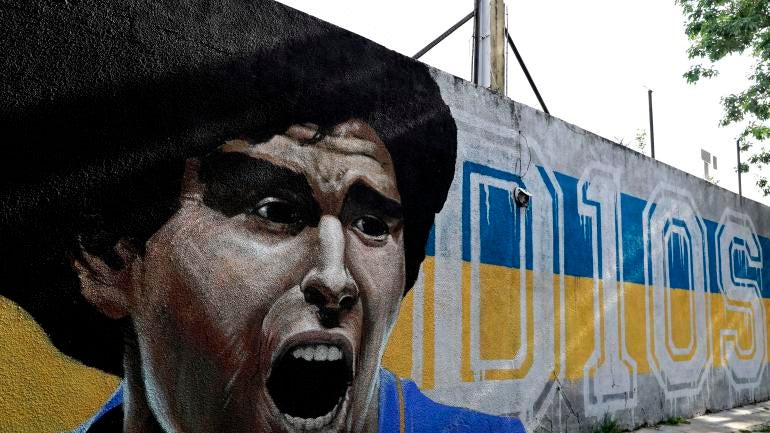
Football is a game of time.
It's a place where true beauty lies not in the present but in the past and where our most vivid experiences are actually memories. Often it's more appealing to think back rather than look forward. In this fast paced, digital, social media tornado of today - where we are provided with highlight after highlight, tweet after tweet, video after video - it can be very easy to ignore the true artistry of soccer because everything nowadays comes all at once. Matches are everywhere, options are infinite and as a result it can all be too overwhelming. There's not enough silence around events for them to take on lives of their own. So the only thing we have left is our memory. That's why we go back in time to reminisce. Not to remember...but to live.
Sometimes there's nothing more beautiful in soccer than a wooden basement, where our favorite moments are placed away in a shoebox, safely awaiting our return, those moments every now and again, when we come back and open those memories.
Inside this box, these memories are governed by players. The heroes from when we were kids, as perfect in the moments of our mind as they were imperfect in the world outside them. We remember them as titans and demi-gods, impervious to failure and we, as mere mortals, are attracted to them because, like the famous Uruguayan writer Eduardo Galeano once said, we are "beggars for good soccer."
And in a game where so many giants filled our shoebox, there was Diego Maradona.
To be perfectly honest, describing Maradona in one short article is almost insulting. His life, his presence and what he meant to Argentina, Napoli, Boca Juniors and anyone else who was impacted by his legacy, is too significant and too important to put into words. Four World Cups, including the 1986 tournament in Mexico where he practically won it by himself, nine club titles including those with Boca Juniors, Barcelona and of course, Napoli, where he essentially lifted a city. There was the 1994 World Cup where he was thrown out due to a failed doping test, the 15-month suspension in Italy with Napoli due to another failed drug test in 1991. There was the cheating, the scandals, the almost-unbelievable press conferences and TV antics. His was a Greek tragedy, filled with loss, controversy, faith and hope, pressure and a forceful will to deliver.
Above all of it, Maradona suffered from the same thing that made him a legend - his inability to remember who he truly was. As a player, his talents were a drug that made him immortal whenever he had the ball at his feet. As a human, they were demons that continued to punish his naivety and eventually turning him into a glutton. But whatever image you see, whatever memory or opinion you may hold, beneath it all Maradona was a child from the streets of Buenos Aires who just wanted to play.
Watching him was finally realizing what soccer was all about. He didn't dribble, he danced. He didn't score against you, he punished you. The stadium was canvas and he was the painter and the brush. Ironically, at five foot five, everyone else around him was tiny and he was the giant.
There might be others who will try to imitate his style or replicate his numbers, perhaps even attempt to be as funny and quick witted. There will be images and videos and perhaps even another film to paint the full picture of his life.
But after all is said and done, they will all fail in portraying the exact picture because for better or worse, in darkness and light, truth and beauty, there will never be another Diego Armando Maradona. And while the man may be gone, his memory will live on in basements, and in shoeboxes everywhere.
Luis Miguel Echegaray was joined by Andrés Cantor to remember the extraordinary life of Diego Maradona on an emergency episode of the Que Golazo! podcast. Listen below:





















